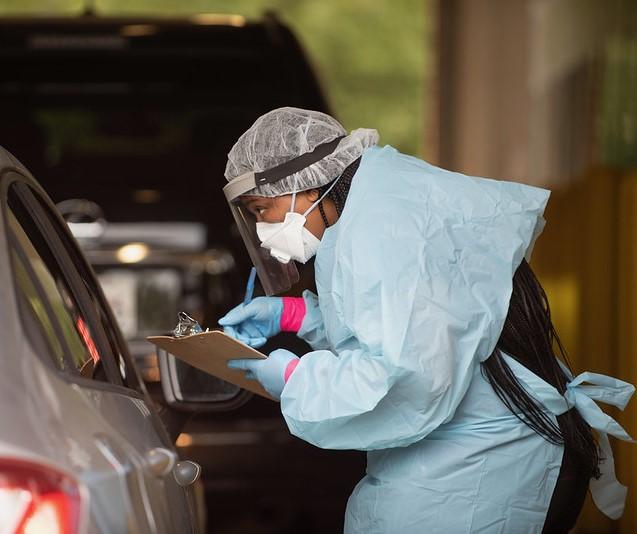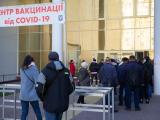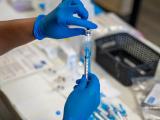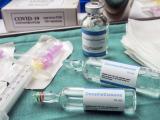While the nation anxiously awaits the final results of the 2020 presidential election, the coronavirus pandemic in the United States is setting new records as COVID-19 cases rise rapidly across the country.
The United States reported 102,831 new COVID-19 cases yesterday and 1,097 deaths, according to the Johns Hopkins COVID-19 dashboard. It was the first time any country has reported more than 100,000 new cases in a single day. Caseloads are rising significantly in nearly every state.
The nationwide spike is increasingly straining US hospitals. The Washington Post reports that 18 states have logged record-high COVID-19 hospitalizations this week, and data from the COVID Tracking Project show that 20 states have more than 1,000 people currently hospitalized with COVID-19.
Since the pandemic began, the United States has had 9,544,315 confirmed coronavirus infections and 234,300 deaths, according to Johns Hopkins data.
Hospitals under strain
Among the states where hospitals are under pressure is Minnesota, which reported a new single-day high of 3,956 confirmed or probable cases today. According to the Minneapolis Star Tribune, there were only nine intensive care unit beds left in Twin Cities hospitals yesterday morning, and Gov Tim Walz requested 10 more medical professionals from the Federal Emergency Management Agency to boost staffing in hospitals and long-term care facilities.
The latest data from the state health department show 908 COVID-19 patients in state hospitals.
"We do not have infinite space, we do not have infinite staff, we do not have infinite resources," Minnesota Hospital Association president Rahul Koranne, MD, told the paper. "At the end of the day, there will come a breaking point."
Earlier this week, hospital officials in neighboring Iowa, where hospitalizations have doubled over the past month, also warned that their facilities are being stretched thin. In a statement to the Des Moines Register, officials with UnityPoint Health, one the state's largest health systems, said they're making plans to divert patients if COVID-19 hospitalizations in Iowa continue to climb at the current rate.
"It's crucial for the public to understand that the challenges we are facing are very real and very urgent," UnityPoint said in its statement.
The nationwide surge in cases is also putting new strains on personal protective equipment. While the shortages aren't as severe as in the spring, the Wall Street Journal reports that many hospitals around the country are rationing and reusing N95 respirators, and that nationwide demand for N95s continues to outpace production. Manufacturers like 3M and Honeywell are producing significantly more N95s than before the pandemic, yet still can't keep up with demand.
In addition, many hospitals are far behind in efforts to stockpile N95s and other protective gear such as gloves because of rising hospitalizations.
Prisoner release in New Jersey; new mask mandate in Maine
In other US developments:
- New Jersey released 2,258 prison inmates yesterday to reduce crowding in the state's prisons and limit the spread of the coronavirus, according to the New York Times. New Jersey is one of several states that have made large coronavirus-related reductions to their prison population since the pandemic began in the spring.
- Maine Gov. Janet Mills announced an executive order today mandating face masks in public, regardless of physical distance from another person, the Portland Press Herald reports. The order came as Maine, which has fared very well during the pandemic compared with other states, recorded 183 new COVID-19 cases, its third day in a row of record-high cases. The 7-day daily average of new cases in Maine (118.7) has nearly doubled in the past week.
- Senate Majority Leader Mitch McConnell (R-Ky.) said during a press conference yesterday that Congress should pass a coronavirus relief package before the end of the year, Politico reported. Negotiations on a relief package have been on and off since the summer, with House Democrats calling for a much bigger package than the White House and Senate Republicans. Though disagreement over the price tag remains, McConnell said he thought that, with the election over, a deal may be possible.






















